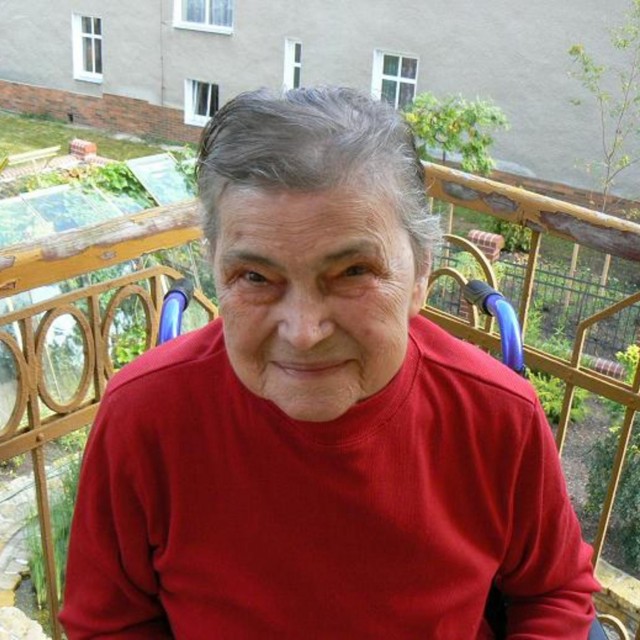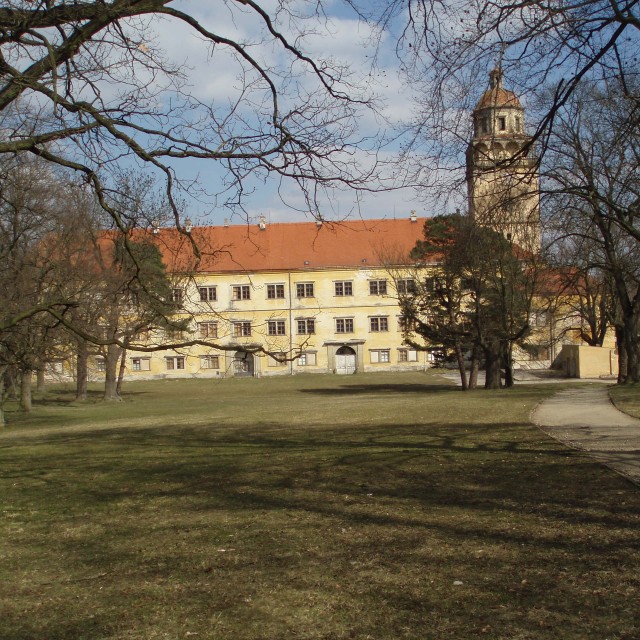Krumlov after the war
Růžena Zouharová spent the end of World War II in her native town of Moravský Krumlov. After the liberation of Vienna on April 13, 1945, the German population of Moravský Krumlov began to worry about the further developments that would take place after the war. On April 17, 1945, a general evacuation of the German population was announced. During those days, the Kinsky family and the German mayor Grohschmied left the town. Růžena Zouharová remembers the garden center at the chateau premises: "The Kinsky family had a greenhouse full of yellow roses in their gardens. It was beautiful there. The gardener shot himself and his wife after the war. It was completely unnecessary. He was in that NSDAP organization and always marched, nose up. But otherwise he didn't harm anybody."
Hodnocení
Hodnotilo 0 lidí
Routes
Not a part of any route.
Comments
No comments yet.




